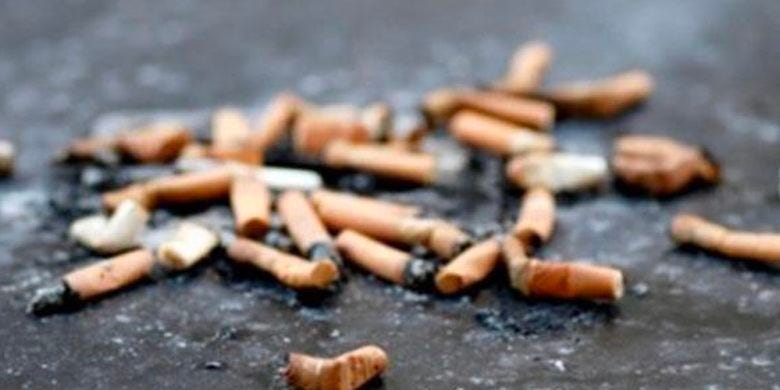Cigarette’s Contribution to the Indonesian Economy
No matter how much you downplay it, as of 2023 it’s waay bigger than you think
Preface
Note: we are aware of the hazards that cigarette poses to an individual’s health and we are not promoting consumption of cigarette in this post. We are describing the cigarette industry that is supported by real facts and figure so that people have a more accurate perception.
We often think that cigarette is a sunset business and people (especially the younger generation) are going to stop smoking entirely.
Let’s Assume that Cigarette is a Sunset Industry
This sentiment is completely valid as they are supported by many factors.
We all know that cigarette is hazardous to one’s health and there is an active attempt by the government to phase out consumption of cigarettes.
Developed countries seem to have successfully phased out cigarettes
International cigarette companies like Phillip Morris are exploring cigarette alternatives to reduce consumption
Youths nowadays (especially in big cities) prefer to not smoke as they are more aware on the health risks of cigarette consumption
Through government intervention, this would mean that volume of cigarette consumption would decrease year on year.
Expectation: Number of smokers are going to 0 by 2030
Reality:
We are not so sure if that’s going to be the case if literally almost corner you could see cigar butt litters everywhere.
Is Consumption Volume Declining?
Let us take a moment to look at cigarettes sales volume data year on year below
Instead of a declining consumption rate, figure above shows that cigarette consumption has been stagnating since 2015, with a dip during COVID-19 period (2020 - 2021).
Moreover, this official data does not include consumption from illicit cigarettes and other small home industries, which should be notable, given how high the excise tax is for the official cigarette players.
We can safely make the case that consumption pattern has not changed much and Indonesians still love to smoke their cigarettes 🚬
Also, Indonesian Government Earns a Handsome Amount From Cigarette Excise Tax
Plenty of news articles and data rooms report that excise tax from cigarette makes up a notable percentage of Indonesia’s budget (~10%).

Yes, the money the government use for:
Building roads and other infrastructure projects (such as IKN)
Paying the salaries & bonuses of government officials
Aiding underprivileged society
And other stuff the Government do to run the country
…roughly 10% of them come just from cigarette excise tax.
As a perspective on how big this 10% is:
The income tax of of ALL Indonesian workforce contribute 37% of the overall state budget
Total Indonesian workforce for ALL sectors are: 144 million people
The total workforce of cigarette industry is 6 million people
If we do the math:
Thanks to sales in cigarettes, 6 million people in cigarette industry contribute to 10%
while 144 million people contribute to 37%..
The ratio of tax contribution per person is very imbalanced 😅
But.. That Contribution Should be Trending Down?
Some might say that 10% contribution is going down soon and is going to be replaced by another income source.
However the numbers say indicate otherwise, contribution from cigarette excise tax has been trending up for the past 8 years with a CAGR of 8.7%.
..Not Mentioning Other Multiplier Effects to the Economy
Tobacco & clove farmers, factory workers, wholesaler, etc…
They contribute ~6 million people within the Indonesian workforce, which is ~10% of overall Indonesian formal workforce.
To sunset this industry means laying off ~6 million people from their full time job. We cannot imagine the amount of social unrest this would bring to the Indonesian society.
What’s the Point of this Post?
Contrary to popular beliefs, we think that cigarette industry is still far from being considered as “completely sunset”, why?
Imagine you are used to drinking Coca Cola every day. It tastes good, you know it is diabetic but you just can’t quite start the day without drinking Coca Cola. Furthermore that diabetic problem is in the future. So it is not an important problem for you to deal with today. Especially when you don’t drink Coca Cola, you feel that something is missing and you can’t function just as well.
Drinking Coca Cola is a habit and it is difficult to change for 1 person. It usually takes quite a bit of willpower to go on a streak without drinking Coca Cola.
How would you change the habit of ~50 million people who like to drink Coca Cola?
Is drinking Coca Cola bad for your health? Yes. Should you quit drinking Coca Cola? Yes.
But is everybody going to stop drinking Coca Cola any time soon? Most probably no.







Very insightful, would be great of you could write it in indo and publish in local newspaper